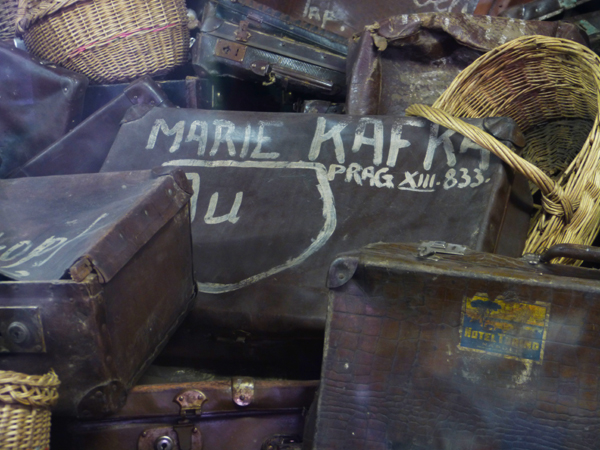
Behind glass at a busy museum in Poland, there’s a tattered leather suitcase sitting silent, but speaking volumes. Time and use have worn the brown polish off the corners of the bag. The latch has rusted. This piece of luggage, now nearly two generations old, has lost much of its shape and identity. Nevertheless, time has not erased perhaps the most important feature of this museum piece. Painted on the exterior is the name of its owner in 1940:
“Marie Kafka. Prag XIII-833,” the white, painted-on letters indicate.
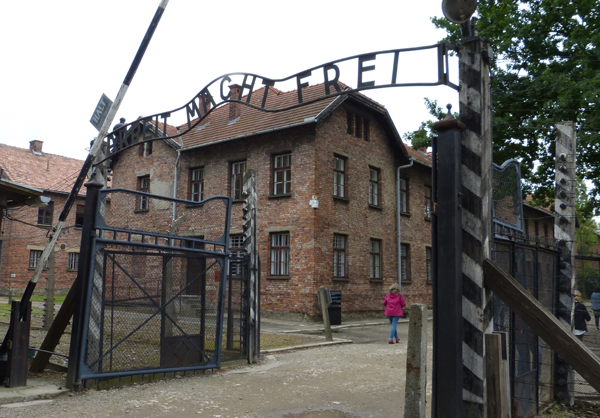
Marie’s story is a patchwork of history partially documented in the penal records of the Third Reich. The rest, archivists at Poland’s Auschwitz Museum have pieced together from research, data aggregation and even living memory.
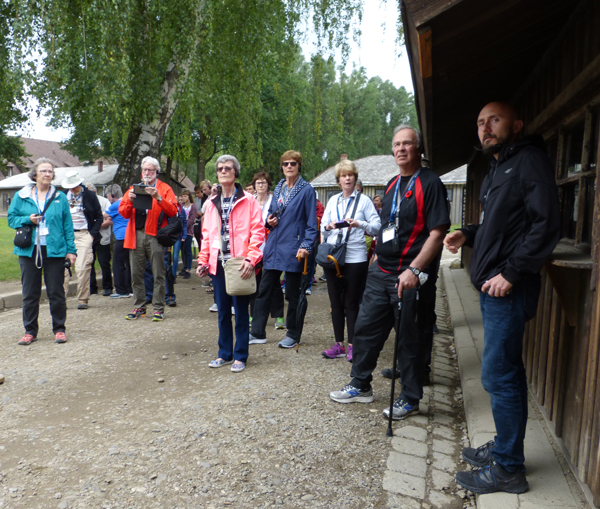
It’s a story I encountered this week, while leading a group of Canadians on a historical tour in and around Krakow, Poland, recalling events in the Second World War that changed the fate of Europe, Poland and Marie Kafka.
Sometime after June 14, 1940 – 78 years ago this week – officials fulfilling the directives of Adolf Hitler and his Nazi Party, began rounding up their perceived enemies – political opponents, those physically and mentally ill, the Roma, and all Jews living in Eastern Europe.
Suddenly, the former Polish Army barracks near the town of Oswiecim acquired an impenetrable wall of barbed wire, guards and locks on all its doors. Behind it, those suspected of being enemies of the Third Reich faced unspeakable confinement, torture and certain death.
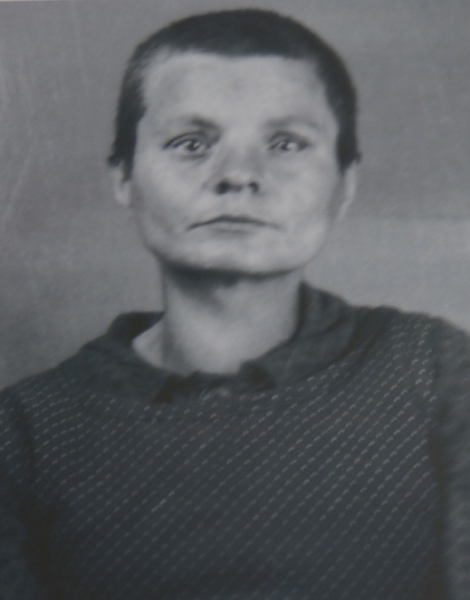
“All suspects must be guilty,” said the German SS officers who ran Auschwitz, “otherwise they wouldn’t be suspects.”
Marie Kafka was not guilty of political activism. She was a child of territories annexed by invading German armies. Marie Kafka carried no contraband. Her brown leather suitcase contained her combs and toiletries, a chemise, a diary and probably a favourite doll. Marie Kafka posed no military threat to the new Nazi governors of Poland and Czechoslovakia. She was a young woman of Jewish faith and culture. And for that “crime” she lost her suitcase, its contents, and, in the crematoria at Auschwitz, her life.
The message, I suggest, that Marie Kafka’s suitcase has to offer, 78 years later, is that such walls of exclusion, promote ignorance, prejudice and deadly consequences among those who build them. And it’s a message I sense, that might well be directed at the current President of the United States.
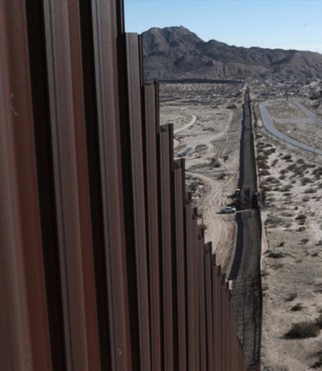
For it is Donald Trump who, in August of 2016 during his bid for the Republican presidential nomination, painted his Latin-American neighbours as, “(those) bringing drugs … and rapists.” And he further tweeted that Mexican authorities should “stop sending criminals over our border.” President Trump’s solution to his perceived problem? An impenetrable wall along the full length of the U.S.-Mexican border. And he further demanded that those victimized by this wall should pay for its construction!
And so might Mr. Trump – and isolationists like him – learn from Niusia Horowitz, whose story (from the same era) I also discovered in Poland this week. Coincidentally, while travelling on Lipowa Street on the south side of Krakow, Poland’s second largest city, I led my band of travellers to a facility that 75 years ago manufactured pots and pans for the Third Reich.
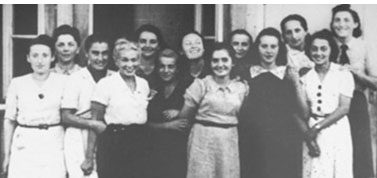
It was there that Niusia Horowitz found both work and refuge. She escaped the fate of the one million gassed and incinerated at Auschwitz and nearby Birkenau death camps, because the factory manager Oskar Schindler hired Jews, more than a thousand of them, to keep his plant functioning, and to keep them from certain death up the road.
“Life makes sense,” Schindler said, “as long as you save people.”
To which Niusia, now a grown woman, mother and grandmother, said, “If it weren’t for him, there would not be me, my daughter and my grandchildren … and the grandchildren of others. How many did he really save when he saved 1,200 people? Countless numbers.”
I wonder if the thought of welcoming others into his business rubric, rather than shutting them out, has ever crossed President Trump’s mind? He claims he’s only interested in making America great again. But there’s no reason his manifesto needs to come at the expense of Canada, Mexico or any other G7 nation or their economies.
I wonder if, instead of ripping up treaties, throwing up trade barriers, and provoking reprisals from life-long allies nearby, Mr. Trump has ever considered breaking down walls – both literal and figurative – to solve those differences. Somehow the lessons are there in the mistakes of our ancestors.
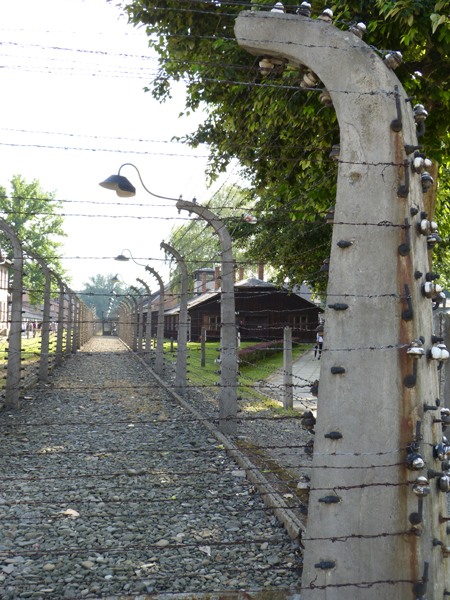 All the President needs to do is learn the lessons of Marie Kafka’s brown leather suitcase, all that remains of a campaign of exclusion, and that of an industrialist who didn’t have to abandon his ideals or his profits, while saving an “enemy of the state,” Niusa Horowitz, and consequently all of her descendants.
All the President needs to do is learn the lessons of Marie Kafka’s brown leather suitcase, all that remains of a campaign of exclusion, and that of an industrialist who didn’t have to abandon his ideals or his profits, while saving an “enemy of the state,” Niusa Horowitz, and consequently all of her descendants.
George Santayana’s well-worn observation has never been more appropriate: “Those who cannot learn from the past are condemned to repeat it.”
Good work, Ted.
Interesting comparison. Would be interesting to have Trump’s take on your comments. awp
Ted,
This is a wonderfully written and power article. As Gayle may have told you during your recent trip, I would love to have been along. Having visited places such as Dachau and various sites in the Voges Mountains of France, it is clear we need such reminders. The worry, as you point out, is that there are always those who do not read, do not listen and have convinced themselves that they have the answer. Your remarks about the current US President are likely very accurate yet he is not the only world leader to ignore history.
I am looking forward to reading your book and greatly anticipating your promised work on the Dam Busters. I have stood in the centre of the Mona Dam and would love to return if and when you lead such a tour.